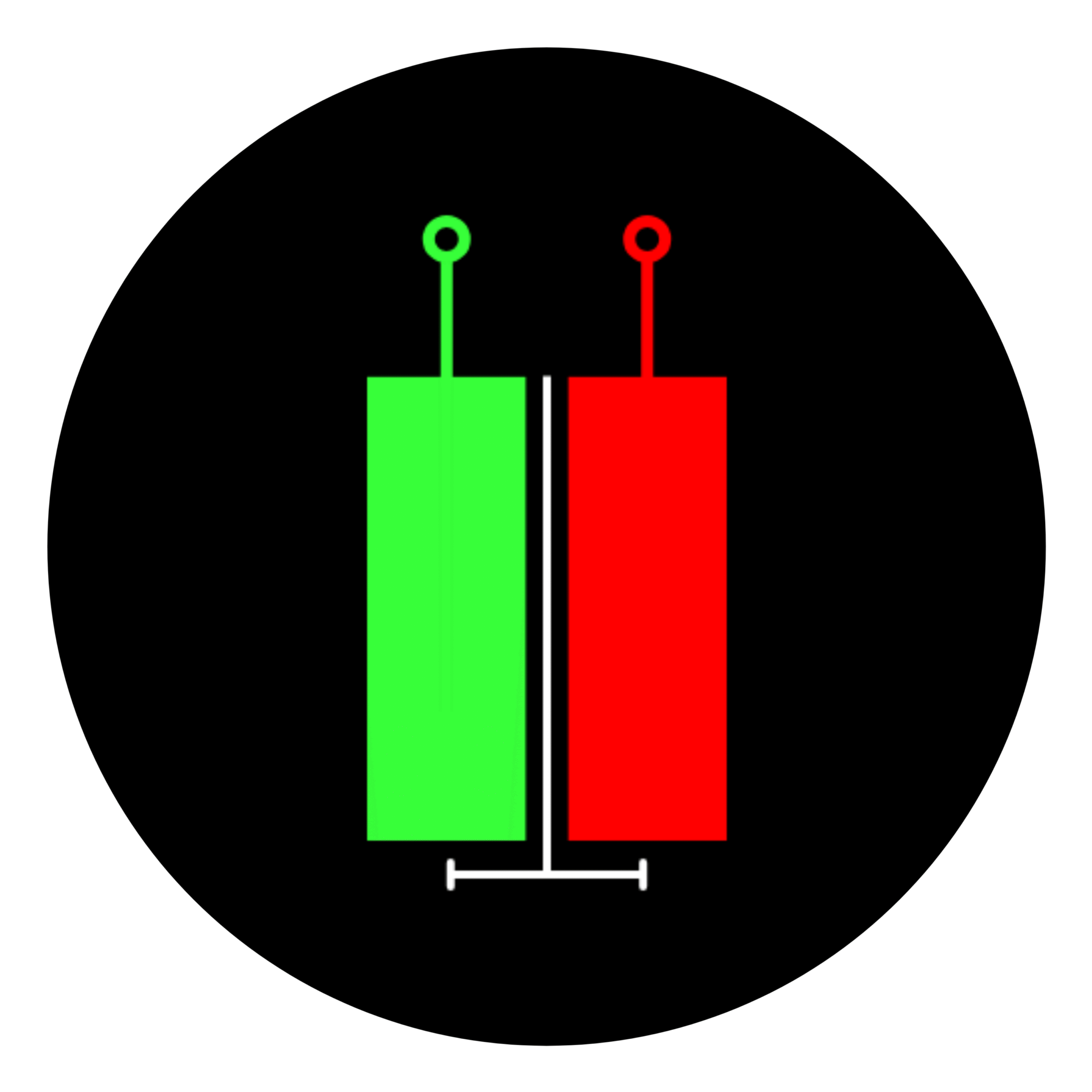We must have heard about commodity trading. In this article, we are going to cover the basics of the commodity market and commodity trading in simple language. So, let us get started.
Table of Contents
What are Commodities?
Commodities are natural resources or agricultural products that are not processed or manufactured. They are raw materials used in the production of goods and services. Examples of commodities include aluminum, crude oil, natural gas, maize (corn), zinc, gold, and silver.
What is Commodity Market?
The commodity market is a platform where buyers and sellers trade raw materials and primary products. This market allows people to buy and sell commodities like metals, energy resources, and agricultural products.
This market operates through two major exchanges in India:
- MCX – Multi Commodity Exchange
- NCDEX – National Commodity & Derivatives Exchange
There are also other exchanges like ICEX (Indian Commodity Exchange), , NMCX (National Multi Commodity Exchange of India) etc.
ALSO READ – What is Options Trading?-Understanding the Basics of Options Trading
How Many Types of Commodities are Traded in India?
Commodities in India are broadly classified into two main categories: Agricultural Products and Non-Agricultural Products.
1. Agricultural Products
These are commodities that come from farming and agriculture. Examples include:
- Cereals and Grains: Wheat, Maize (corn), Rice, Barley
- Pulses: Chana (Chickpeas), Moong (Green Gram)
- Oilseeds: Soybean, Mustard, Castor Seed
- Spices: Turmeric, Jeera (Cumin), Coriander, Pepper
- Other: Cotton, Sugar, Rubber
2. Non-Agricultural Products
These are commodities that include metals and energy products. Examples include:
- Metals:
- Precious Metals: Gold, Silver
- Base Metals: Copper, Zinc, Aluminum, Lead, Nickel
- Energy Products:
- Fossil Fuels: Crude Oil, Natural Gas
- Coal: Various grades of coal
Who Regulates the Commodity Market in India?
The regulator of the commodity market in India is the Securities and Exchange Board of India (SEBI). Previously, the Forward Markets Commission (FMC) was the regulatory body, but now SEBI oversees the commodity market.
What is the timing of the Commodity Market?
The trading hours for the commodity market in India vary by season:
- In Summer: The market opens at 10:00 AM and closes at 11:30 PM.
- In Winter: The market opens at 10:00 AM and closes at 11:55 PM.
The market timings are slightly extended in winter compared to summer.
The Bottom Line
Commodity trading involves buying and selling natural resources and agricultural products. It provides opportunities for investors to diversify their portfolios and hedge against inflation. Understanding the basics of the commodity market can help you make informed investment decisions.

